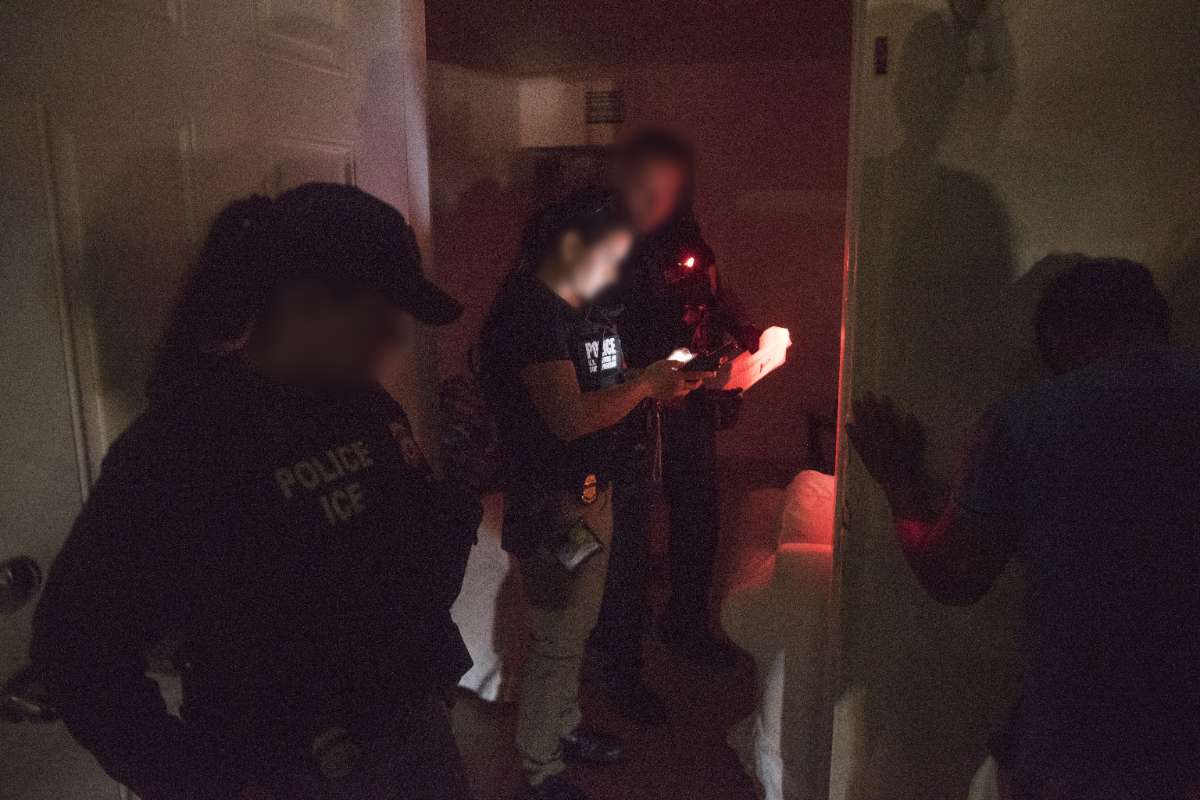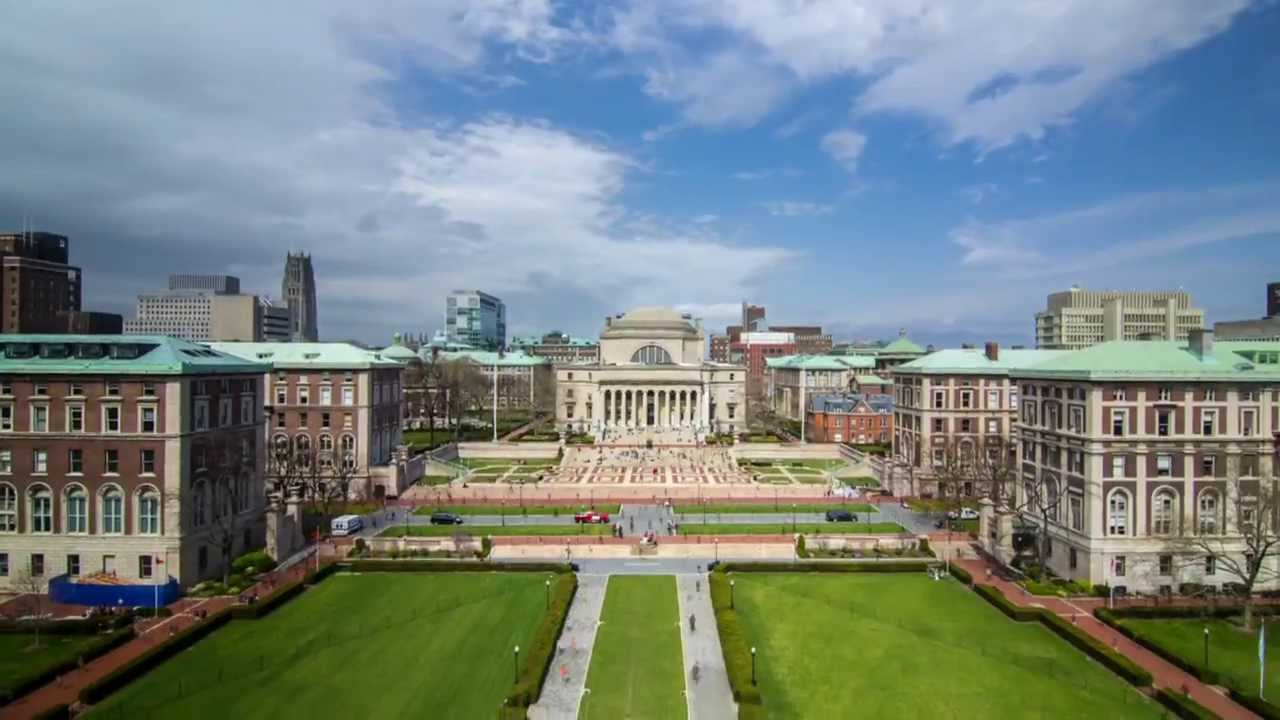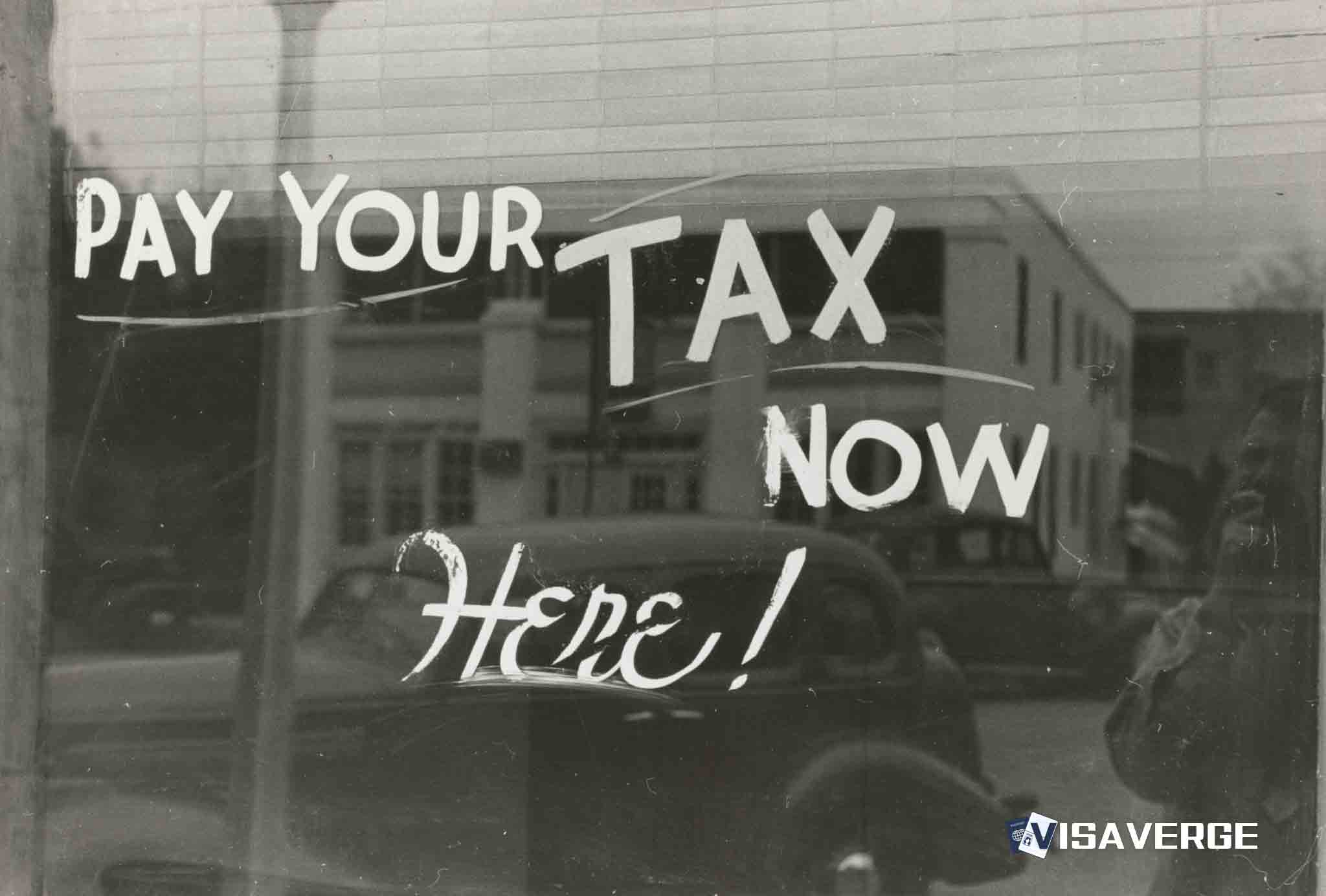A U.S. federal judge has sharply rebuked the Trump administration over its plan to deport Salvadoran asylum seeker Kilmar Abrego Garcia to Liberia, questioning whether officials even have a lawful removal order and calling government testimony “a zero” that failed to justify sending him to a country where he has no ties.
At a recent hearing in Maryland, U.S. District Judge Paula Xinis said she was deeply troubled by how Immigration and Customs Enforcement (ICE) has tried to move Abrego Garcia around the globe while his human smuggling case remains pending in Tennessee, and by its refusal to accept Costa Rica’s stated willingness to receive him instead.

Core legal dispute
The central question before Judge Xinis is where, if anywhere, the government can lawfully send Kilmar Abrego Garcia while also claiming to respect earlier court orders and protection findings. The Trump administration now insists that Liberia has offered “sufficient and credible” assurances that he will not be harmed or sent on to another country where he could face persecution.
Defense lawyers counter:
- The administration’s push to send him to West Africa—after earlier failed attempts to send him to Uganda, Eswatini, and Ghana—looks more like political punishment than routine immigration enforcement.
- Costa Rica has already agreed to receive him, and Abrego Garcia has said he is willing to go there, which would place him closer to his family and former home in Maryland.
- Sending him to a country with no personal ties would separate him further from family and make cooperation with his legal team more difficult during the Tennessee prosecution.
Judge Xinis’s concerns about paperwork and testimony
Judge Xinis pressed senior ICE official John Cantú on the basic paperwork behind the attempted deportation, expressing deep skepticism that the government even has a valid final order of removal for Abrego Garcia. She noted that his lawyers say they have never seen such a document and therefore cannot test its legality or scope.
Calling Cantú’s testimony “a zero, in my view,” Judge Xinis said it was “extremely troubling” that, after months of litigation and public attention, ICE still could not clearly explain its legal theory for placing Abrego Garcia on a plane to Liberia rather than honoring Costa Rica’s acceptance or keeping him in the United States to face criminal charges.
Background: the March 2025 wrongful deportation to El Salvador
The case has already taken a striking turn. In March 2025, despite a 2019 protection finding and a standing court order that barred his removal to El Salvador, the Trump administration wrongfully deported Abrego Garcia to his home country.
- Officials later called the move “an administrative error.”
- By then, he had been locked inside El Salvador’s Terrorism Confinement Center (CECOT) before eventually being brought back to the United States.
For his lawyers, this episode supports their view that the current deportation push is not simply about immigration enforcement but includes elements of retaliation, allegedly driven by high-profile political figures who publicly characterized him in inflammatory terms.
Allegations of prejudicial public statements
A federal judge in Tennessee has warned that comments by Attorney General Pam Bondi and Homeland Security Secretary Kristi Noem may have broken court rules and risked prejudicing Abrego Garcia’s right to a fair trial.
- Those officials publicly labeled him as an “MS-13 gang member, human trafficker, serial domestic abuser, and child predator.”
- The Tennessee judge said this language was prejudicial and out of bounds while the criminal case remains before a jury.
- The remarks bolster the defense’s claim that Abrego Garcia has been treated differently from other defendants charged with similar offenses.
Why not accept Costa Rica’s offer?
Throughout the most recent hearing, Judge Xinis repeatedly asked a simple question: why not accept Costa Rica’s offer? Costa Rica has indicated readiness to admit him, yet ICE official Jonathan Schultz continued to discuss other destinations—including Liberia—rather than fully engaging with Costa Rica’s option.
Her skepticism increased as the government relied on reported assurances from Liberia, a country with which Abrego Garcia has no connection.
Practical and legal concerns of sending him to Africa
Defense attorneys and observers raise multiple concerns about deporting a Central American asylum seeker to multiple African states:
- It would further separate Abrego Garcia from his family in Maryland.
- It would make communication and coordination with his legal team far more difficult during the Tennessee prosecution.
- Routing a detainee first to Uganda, then Eswatini, then Ghana, and finally Liberia—with no personal link to any of those nations—raises basic questions about how removal authority is being used in contested cases.
Legal analysis by VisaVerge.com highlights how these routing attempts prompt scrutiny of the administration’s broad authority over removal.
ICE’s public statements and the judge’s demand for specifics
ICE’s Enforcement and Removal Operations arm has released few details explaining how it selected these countries. The agency states on its official site https://www.ice.gov/ero that it focuses on public safety and border security.
In federal court, Judge Xinis emphasized that broad mission statements are no substitute for clear answers about the specific legal documents and promises that now underpin Abrego Garcia’s case.
Current status and potential implications
- Judge Xinis has temporarily blocked any removal.
- Abrego Garcia remains in custody while she considers whether to release him during the Tennessee proceedings.
- He is currently in legal limbo: not convicted of the human smuggling charges, protected on paper from return to El Salvador, yet still the target of an aggressive push to deport him far from family and the courts adjudicating his fate.
The outcome of this dispute could shape:
- How other judges view long-distance deportation plans that rely on thin assurances from third countries.
- The standards for government credibility, documentation, and respect for earlier court orders in contested removal cases.
“A zero” — Judge Paula Xinis’s blunt assessment of the government’s testimony — encapsulates her concern that the government’s evidence, as presented, fails basic standards of credibility and documentation.
Broader stakes for immigrants’ rights advocates
For immigrants’ rights advocates, the case reaches beyond one man. They argue Abrego Garcia’s treatment illustrates how:
- The choice of destination, the timing of flights, and the public statements of senior leaders can significantly affect a person’s ability to seek safety and obtain a fair hearing in the United States today.
This matter will continue to be watched closely as its resolution may set precedents for how removal decisions are justified and scrutinized in federal court.
Judge Paula Xinis blocked attempts to deport Kilmar Abrego Garcia to Liberia, questioning ICE’s legal basis and testimony. She highlighted doubts about any valid final removal order and criticized ICE for ignoring Costa Rica’s offer to receive him. The case follows a wrongful March 2025 deportation to El Salvador and raises concerns about routing asylum seekers to distant countries with no ties, potential political motivations, and standards for documentation and credibility in removal decisions.








